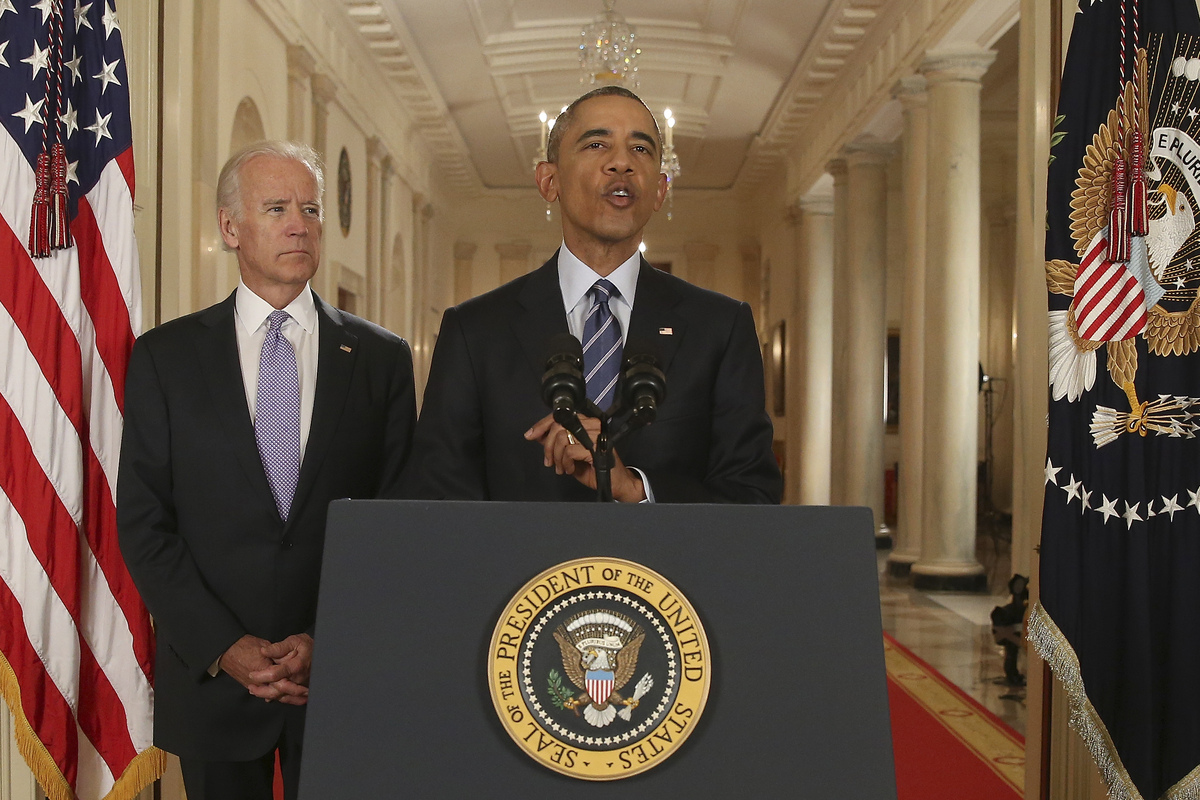As the expression goes,
" all politics is local",
and that truism might apply to many situations too long to describe here;
in the case of the OPEC overproduction it is precisely why Saudi Arabia
started this market move.
While
American media is fixated on what happens to its companies, they have
overlooked the wider more important reality of oil price and purchasing
power. Of course the stated reason why OPEC increased production was to
increase market share.
Saudi Arabia tried to stop
the Iran nuclear deal. They even sounded like Israel in the hopes that
Obama would relent. They didn't work. Obama wants a legacy and isn't
responsible for protecting Saudi Arabia. Any longer. In fact, with all
the illicit support of wahabism and radical Sunni terror, it's more
likely this is Obama's payback of Saudi intransigence.
Iran
gave up a nuclear program to sell more oil in the wider market which
was known to the Saudis as the deal deadline approached. They faced
an 86-million population enemy (in comparison to their 26 million )
that could bring an enemy army right up to Saudi borders with the
permission of Iraqi leadership and assault. The rise of ISIS also gave
Iranian hard-liners the justification to enter into Iraq in force should
the battle go poorly. And go poorly it did last summer when Saudi
production stayed over demand and started the run on over supply. ISIS
came within 150 km of Baghdad which when you look at that in context of
Saudi local politics is a big problem.
In fact,
the slow nature of Iraqi counter-offensive against ISIS / da'esh -
barely gained Ramadi by January- gives the Iranians more and more
justification to pressure Baghdad to let them launch Revolutionary Guard
divisions straight into Mosul. This is exactly why the Saudis are now
changing their tune towards foreign army / coalitions in Iraq. Now they
are offering their army to go into Iraq not just to defeat ISIS but to
make sure that they don't leave a way open for Iran to follow them back.
Better
to fight them over there than in your home is also a truism. And Saudi
would rather drawn down their wealth than risk arming Iran with more
expensive modern weapons.
From an unconventional
perspective, having IS operating in Sunni territory acted like a buffer
zone to protect one flank from Shia invasion. They were a resistance
point against invasion.
IS united the local population there and neither party trusts Baghdad and would fight Iranian forces on sight.
This is why Saudi has been foot dragging on attacking fellow Sunnis they might need in a few months. Only when greater threats appear through inaction does the kingdom change it's strategy.
So yes, Saudi Arabia wanted to bankrupt shale oil explorers in the US with expensive production costs. The US media can bore you with the dull interpretation of average reporters and journalists trying to remain relevant but aren't willing to do the heavy lifting of assessing data in sum.
But
in the local context take all the factors lying in front of you and
presented poorly, and reconstruct them along the skeleton I have laid
out -
remember
I was the first person to link the Russian jet bombing to ISIS before
they even admitted it was payback to Russia for Syrian invasion.






.jpg)





